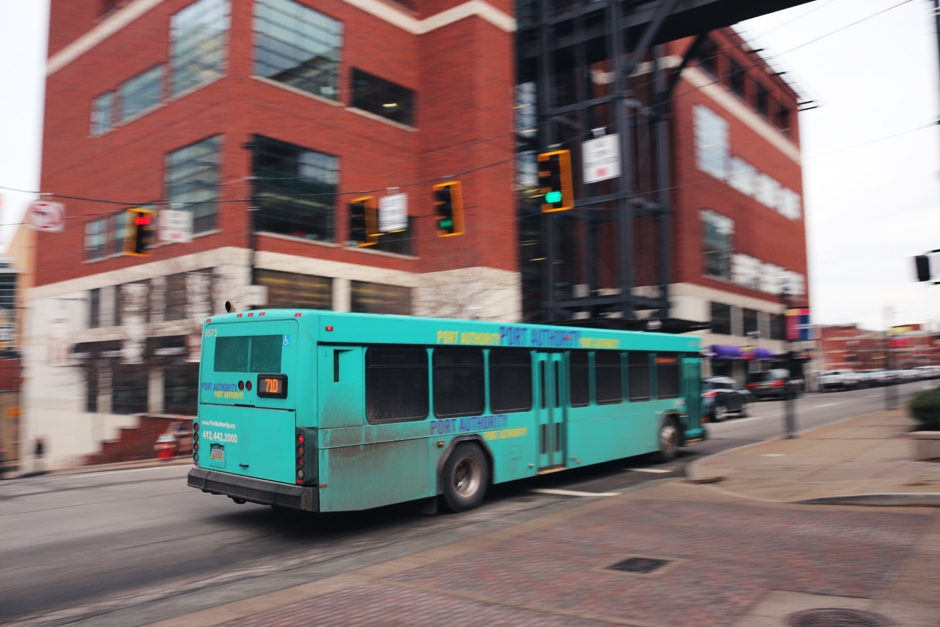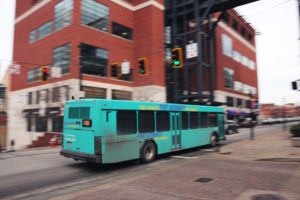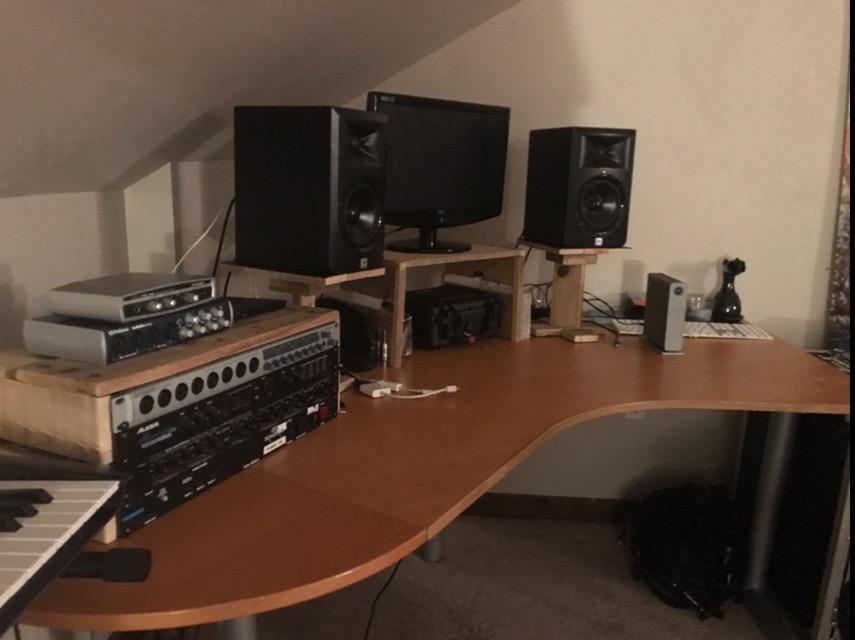
Allegheny County Port Authority implemented changes Jan. 1 to fares for busses.

Allegheny County Port Authority implemented changes Jan. 1 to fares for busses.
Raymond Arke | Asst. News Editor
The Allegheny County Port Authority debuted a New Year’s resolution aimed to help simplify the Pittsburgh bus system.
Following recommendations of riders, the Port Authority lowered fares on Jan. 1. Commuters will now pay a flat fee of $2.50 for those with a ConnectCard and $2.75 for cash rides. This differs from the previous system which varied rates based on how long the trip was. Previously, it was $2.50 for a short trip and $3.75 for a longer one.
According to Adam Brandolph, public relations representative for the Port Authority, many of the new features come from rider surveys done in 2015.
“Among the suggestions, riders wanted an incentive for using their ConnectCard, a simpler system and, more specifically, a single zone in which one fare could take them anywhere we provide service,” Brandolph said.
ConnectCard is a “reusable plastic smart card that makes paying your fares faster, easier and more secure than paying with cash,” according to the ConnectCard website.
The Port Authority approved a new plan in 2016, which is now being put into effect.
Bus transfers are changing as well.
“Transfers are $1 with a ConnectCard … there are no transfers for cash users. Cash users must pay $2.75 every time they board,” Brandolph said.
Another change is that bus riders will pay their fares as they enter the bus and then will exit from the back of the bus to help avoid confusion. Previously, the system had some riders pay on entry and some on exit, depending on what direction they were going.
Additionally, Brandolph said that the free fares bus zone in Downtown was eliminated; however he assured that the Downtown free fare zone for the Light Rail System will continue.
One of Port Authority’s goals was to encourage ConnectCard usage, according to Brandolph, and progress is being made already.
“We have already seen our ConnectCard usage increase, though it is too early to tell by how much,” Brandolph said.
The Port Authority has undertaken a media blitz to inform the public to the changes.
“We have placed advertisements in several local newspapers and radio stations, placed flyers inside our buses [and] promoted the changes through the media,” along with wrapping buses with the details and playing audio messages on every bus, Brandolph said.
Many Duquesne students stand to be affected by the changes.
Kellen Wisniewski, a sophomore dual major in entrepreneurship and marketing, is a frequent user of the Port Authority buses.
“I use the bus two to six times a week,” he said.
He said the change in pricing will encourage him to use his ConnectCard more, since fares will be twenty-five cents cheaper.
“[The changes] will force me to keep my ConnectCard loaded as previously I would use cash when my card ran out,” Wisniewski said.
Abigail Whitewood, a sophomore nursing major, also uses city transit regularly.
“I use the bus around three times a week both ways so in total I am on a bus six times a week,” she said.
Since she already has a ConnectCard, the changes won’t affect her too much. However, she’s happy with the simplification of the paying system.
“I appreciate the change to allow for consistency,” Whitewood said. “I always got confused when I would have to pay.”
Maria Miller, a sophomore secondary education and history major, uses the buses to get to her education field experience, along with going to the airport. She also uses the Port Authority’s prepaid card.
“I already use a ConnectCard, so the change from $2.50 to $2.75 won’t affect me,” Miller said.
Miller does support the new $2.50 flat rate, regardless of trip distance.
“I do like the idea of having a flat $2.50 rate because it reduces the cost for longer rides, like the airport shuttle,” she said.
Caroline McAdoo, a sophomore, also enjoys the benefits of holding a Port Authority ConnectCard.
However, she’s concerned that, for cash customers, the process won’t be as friendly.
“I think the new changes are inconvenient for people who don’t have a ConnectCard because now to pay a cheaper price, they have to go out of their way to get a ConnectCard and then remember to load money onto it,” she said.
Kaitlin Andres, a sophomore nursing major, had known that changes were coming.
“I got a ConnectCard halfway through the fall semester once I realized they were switching,” she said.
Andres is in the ROTC, and she often has to take the bus to get to training and meetings. She said all the rides across town stretch her budget.
“I still really hope Duquesne will be able to give us free bus fare because I can spend anywhere from $25 to $50 in bus fares in a month depending how busy I get. It definitely adds up throughout the year,” Andres said.




